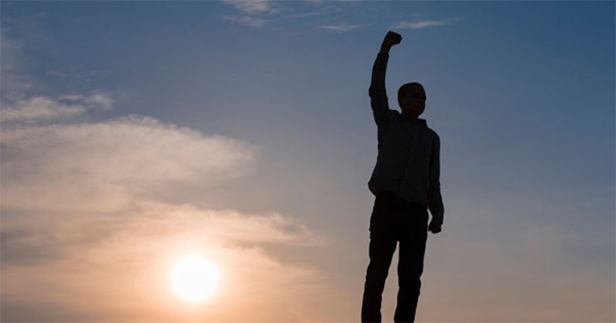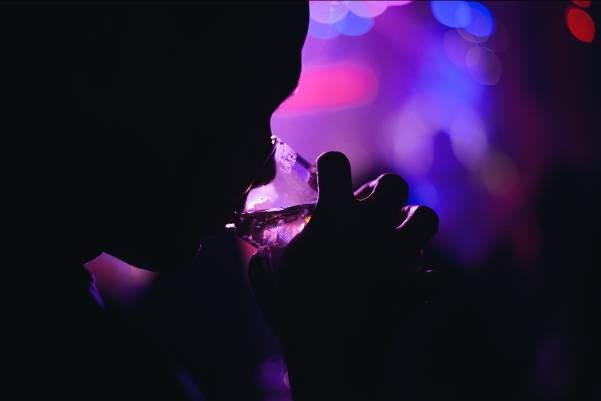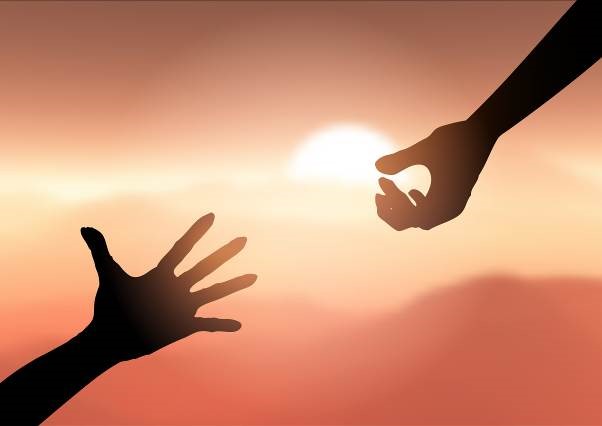22 September 2020
Retrying Sobriety for the Third Time
As a doctor who journeys with patients and caregivers grappling with addiction, I have the opportunity to listen to their stories and to enter their world. This experience has helped me to better understand them and to know of their endeavours and tribulations in overcoming addiction.

This is one of their stories…
“I should have done something!”
“Why can’t you pick yourself up?”
“Just stop all these! I’m sure you can…”
For a long while, I have wondered if these voices were my own or the voices of my parents relentlessly reminding me to stay clean. I have also been reminded timelessly by my counsellor to be watchful of my mental state ever since I started my journey of sobriety — staying away from alcohol and methamphetamines — just a month ago.
Yes, I was addicted to drugs. I know that I am responsible for my recovery. Yet I keep doubting myself: wondering if I would give in to temptation again, or if I could at least stay clean for longer this time. Both the struggle and the urge are real.
I am thirty years old, single, and still living off my parents. I am thinking of returning to university to finish my course, but I am also considering if I should get work to pay off my medical bills. Unlike me, my twenty-six-year-old younger brother has married and moved out last year. He met his wife while studying and is now a qualified pharmacist. They visit occasionally and have been encouraging me to persevere with my counselling sessions at the National Addiction Management Service (NAMS) situated within Queenstown Polyclinic.
It is a well-known fact that persons abstaining from ICE (the street name for methamphetamine) may suffer dangerous psychiatric symptoms. My situation could have been a lot worse. It is fortunate that I am not an in-patient at a mental hospital. I also count myself lucky to have avoided an arrest by the Central Narcotics Bureau (CNB). This is my third — and hopefully final — attempt at trying to get clean. With this much luck on my side, it should not be long before I pull myself out of this, once for all, right?
I was a typical Singaporean boy: fresh out of polytechnic with average results and waiting for national service. With new-found free time in between graduation and enlistment, I started visiting nightspots with my friends. It satisfied my desire for novelty and my parents even indulged me with an allowance. The lack of routine and structure in my post-academic life also allowed for more frequent hangovers and more time to recover from late nights.

I soon became a familiar sight with the bartenders and mixologists and was comfortable with finishing bottles of beers or wine. On some nights, I could not even find myself after drinking. I began to look forward to any opportune drinking games that allowed me to binge. It was a chance to become high and numb.
In hindsight, I realised that I had been replacing my need for companionship with alcohol. I was a shy person with a late-onset interest in romance due to being completely immersed in my studies. Alcohol filled my emotional void instead. Throughout my stint in national service, I interspersed weekend visits to my drinking haunts to ease the hardship.
By the time I started my undergraduate course in my early twenties, it was clear that my cognitive ability had taken a hit. My chronic alcoholism has also resulted in low energy and inability to focus. My parents and brother were very concerned and whenever they confronted me about my drinking, I would resist and have an outburst of anger. These outbursts made them even more apprehensive.
With my addiction taking a toll on me and clouding my judgement, I made a fatal mistake in my sophomore year. A bartender told me about ICE, saying a “tiny bit can boost performance and enhance studying skills”. Little did I realise that this is not only a street drug, but illegal, and very addictive. ICE gets its addictive properties from neurochemical nature: it mimics dopamine, a neurotransmitter in our brain that enforces the reward pathway.
I found myself having to drop out of my second year after succumbing to the need for relentless hits of ICE, constant absenteeism, and terrible crashes after each use. My parents grew despondent and ceased to provide me with an allowance. My brother recognised some of the signs and reached out untiringly to get me into rehabilitation. It was not easy. I tried Narcotics Anonymous. I signed up for We Care. I even tried visiting a church-based counselling program.
My first abstinence lasted for three months. With my university studies on hold, I resumed drinking to ward off the boredom. After a near-miss incident where I almost fell into the Singapore River, I had to retry sobriety again. I was almost twenty-seven and I had to withdraw from my course as I was unable to return to university at all. With his own university studies to attend to, my brother was no longer available to keep a close eye over me. My parents stood by me but could only quietly support me materially in a stoic manner. They did not understand addiction and their sullen silent support only served to drain my motivation and gravitate me towards drink and drug.
I checked into a halfway house for the first time and was feeling shameful and disheartened. I felt out of place and a sense of disgust for the other “addicts”. This became a roadblock that prevented me from fully engaging with the residents and immersing myself in the rehabilitation program.

“I no longer see addiction as a never-ending cycle of pain or hurt, but a journey of overcoming and victories.”
Everything changed when my sponsor reached out. He was only a little older than me but had gone through prison life, was rejected by his own family, and went through several more re-attempts at rehabilitation than me. I felt understood as he helped me take the first steps in reconnecting with my parents and redeveloping structure in my life. Even though I had a relapse after a good year of sobriety, I still remembered his lessons and strove to get in touch with professional help.
So here I am. I no longer see addiction as a never-ending cycle of pain or hurt, but a journey of overcoming and victories. I am fortunate that my family continues to stand firm by me and support my efforts unconditionally.





